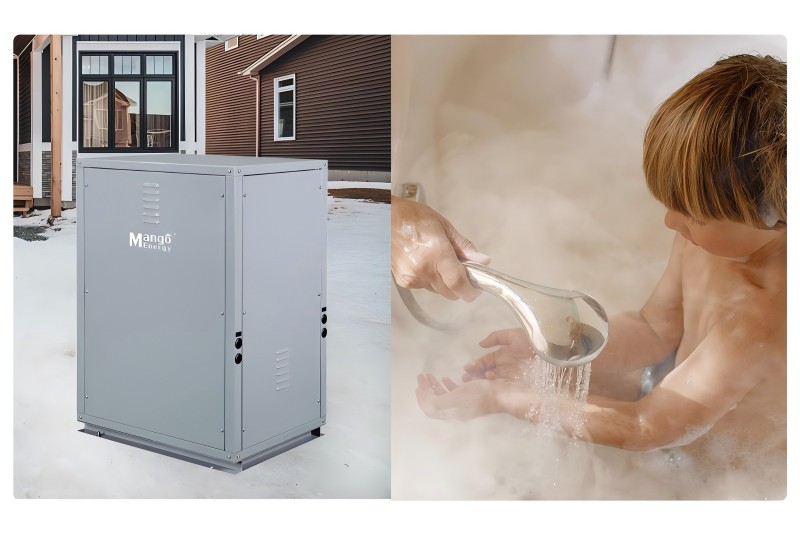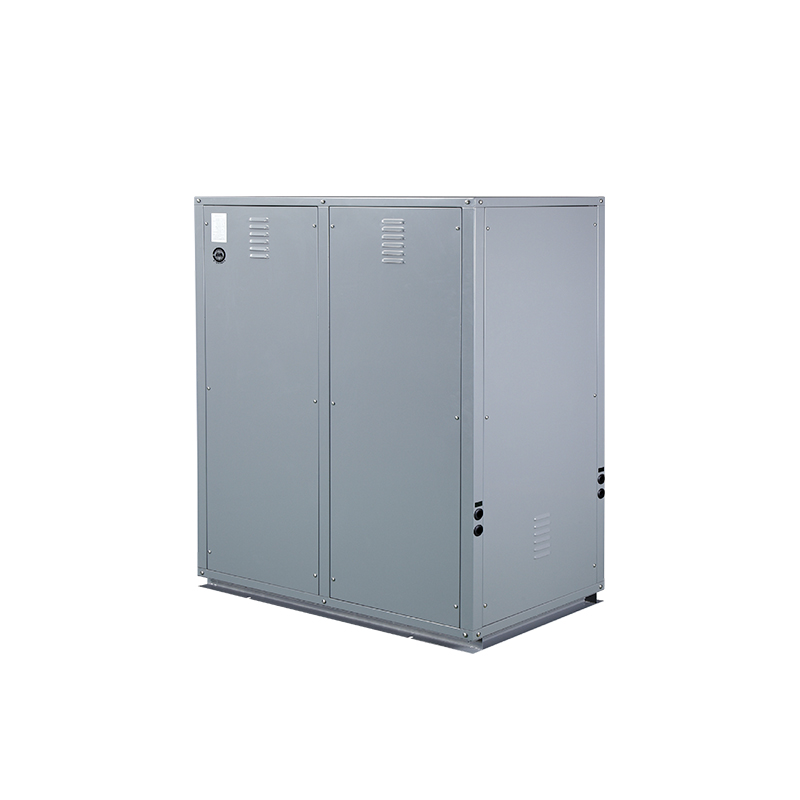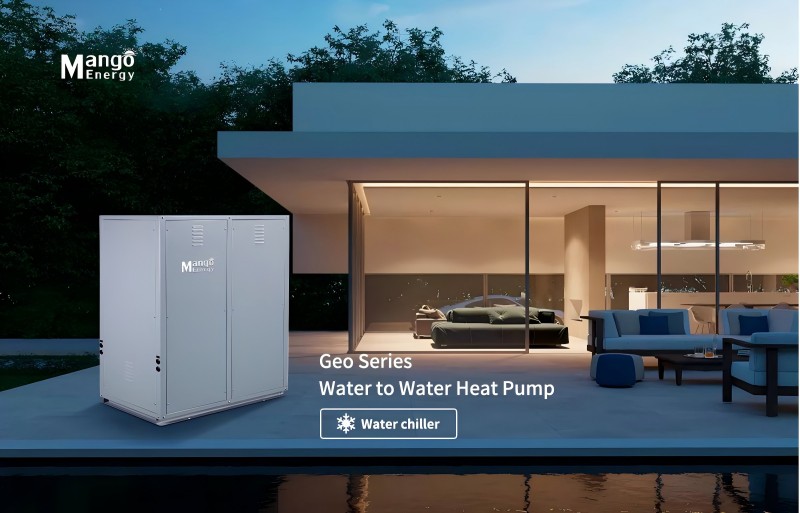
As the push for sustainable living continues to grow, many homeowners are turning to geothermal heat pumps as a viable option for efficient heating and cooling. However, despite their increasing popularity, several misconceptions about geothermal ground source heat pumps can lead to misunderstandings and hesitation. In this article, we’ll debunk some of the most common myths surrounding geothermal energy heat pumps to help you make an informed decision about this eco-friendly technology.



1. Geothermal Heat Pumps Are Too Expensive
One
of the most widespread misconceptions about geothermal heat pumps is
that they are prohibitively expensive. While the initial installation
cost of a geothermal ground source heat pump is higher compared to
traditional heating and cooling systems, the long-term savings can make
it a cost-effective choice. The high upfront investment is often offset
by significantly lower energy bills, reduced maintenance costs, and
various tax incentives and rebates. Over time, the efficiency and
durability of geothermal energy heat pumps can result in substantial
savings, making them a financially wise decision.
2. Geothermal Heat Pumps Don’t Work in Cold Climates
Another
common myth is that geothermal heat pumps are ineffective in colder
climates. In reality, geothermal ground source heat pumps are highly
efficient regardless of the external temperature. They work by
transferring heat from the ground, which maintains a relatively constant
temperature throughout the year. Even in regions with harsh winters,
the ground remains a stable heat source, allowing geothermal energy heat
pumps to provide consistent heating and cooling performance.
3. Installation Is Too Disruptive
Some
homeowners worry that installing a geothermal heat pump will be too
disruptive and require extensive excavation. While it’s true that
installing a geothermal ground source heat pump involves some digging,
advancements in technology and installation methods have significantly
reduced the impact. Horizontal loop systems, which require extensive
digging, can be replaced with vertical loop systems that involve smaller
boreholes. Moreover, the installation process is generally less
disruptive than major renovations and is often completed within a few
days.
4. Geothermal Heat Pumps Require Constant Maintenance
There
is a misconception that geothermal energy heat pumps demand constant
maintenance. In fact, geothermal heat pumps are known for their
reliability and low maintenance requirements. Unlike traditional heating
and cooling systems that rely on combustion, geothermal ground source
heat pumps have fewer moving parts and do not involve high-temperature
operations. Regular maintenance, such as checking the loop system and
ensuring that the heat pump’s filters are clean, is typically sufficient
to keep the system running efficiently.
5. Geothermal Heat Pumps Are Noisy
Some
people believe that geothermal heat pumps are noisy and disruptive.
However, geothermal energy heat pumps are among the quietest HVAC
systems available. Since the primary components of a geothermal ground
source heat pump are located underground or in a basement, noise levels
are significantly lower compared to traditional systems with outdoor
compressors. The indoor units are designed to operate quietly, ensuring
that your home remains peaceful and comfortable.
6. Geothermal Heat Pumps Are Only for New Homes
A
common myth is that geothermal heat pumps are only suitable for new
construction. In reality, these systems can be installed in existing
homes as well. While the installation process may vary depending on the
existing infrastructure, geothermal energy heat pumps can be retrofitted
into most homes with minimal disruption. Professional installers can
design and implement a system that fits your home’s specific
requirements, whether you’re building new or upgrading an existing
system.
7. Geothermal Heat Pumps Are Inefficient in Warmer Climates
Some
assume that geothermal heat pumps are only effective in cooler
climates. However, geothermal ground source heat pumps provide efficient
cooling as well as heating. In warmer climates, these systems use the
ground’s cooler temperature to cool your home effectively. The constant
underground temperature ensures that geothermal energy heat pumps can
deliver reliable performance year-round, regardless of the local climate
conditions.
8. Geothermal Heat Pumps Aren’t Environmentally Friendly
A
misconception exists that geothermal heat pumps are not as
environmentally friendly as they are claimed to be. In fact, geothermal
energy heat pumps are among the most eco-friendly HVAC systems
available. They use renewable energy from the ground and have a minimal
carbon footprint compared to conventional heating and cooling systems.
By reducing reliance on fossil fuels and lowering greenhouse gas
emissions, geothermal ground source heat pumps contribute positively to
environmental sustainability.
Geothermal
heat pumps offer a range of benefits, from energy efficiency and
environmental friendliness to cost savings and reliability. By
dispelling these common misconceptions, homeowners can better understand
the true potential of geothermal ground source heat pumps. Whether
you’re considering upgrading your existing system or exploring options
for a new home, geothermal energy heat pumps are a valuable investment
in sustainable and efficient home comfort. If you’re interested in
learning more or need assistance with installation, reach out to a
qualified professional to explore how this innovative technology can
benefit you.


